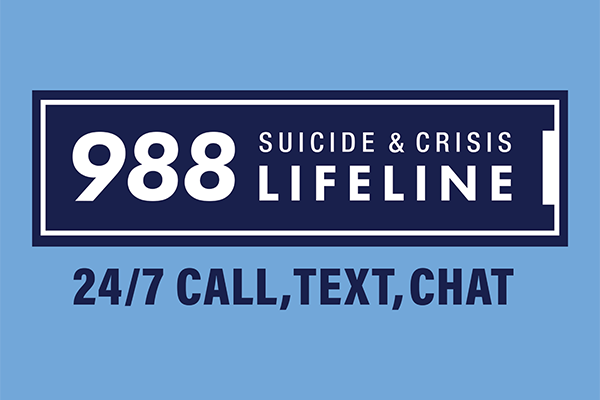Tips to Manage Anxiety Symptoms
Mar 28, 2023

Some anxiety can be good — it helps us avoid danger or make big decisions. When anxiety doesn’t go away, however, it can have emotional and physical effects.
“Mentally, we can ruminate on things, overthink and worry excessively,” says Adventist Health psychiatristMichael Chang, MD. “It can also have physical symptoms that just don’t feel good — increased heart rate, shortness of breath, upset stomach and feeling shaky.”
Thankfully, Dr. Chang says, there are simple techniques you can use for quick anxiety relief.
- Try breathing exercises.Dr. Chang recommends inhaling for four seconds, then exhaling for six. “When you do slow exhales,” he explains, “you decrease your heart rate, which can help those anxious feelings.”
- Get outside.Go for a walk, go for a swim or do some yoga in your backyard. “Yoga has been proven to be one of the most effective ways to improve mental health conditions,” Dr. Chang says.
- Identify your triggers.If you can determine what is causing your anxiety — for instance, a stressful job or a challenging relationship — you’re better equipped to cope with it or make changes to reduce your stressors.
- Get spiritual.Dr. Chang says, “Tapping into your faith can help you understand things in the bigger picture, which can alleviate anxiety when you’re stressed about things on a smaller scale.”
If you’re struggling with anxiety, don’t hesitate to reach out for support. A mental health professional can help identify your triggers and help you with more techniques to handle it, and may prescribe medications that can help. Adventist Health mental health providers are ready to help.Find a providernear you.


